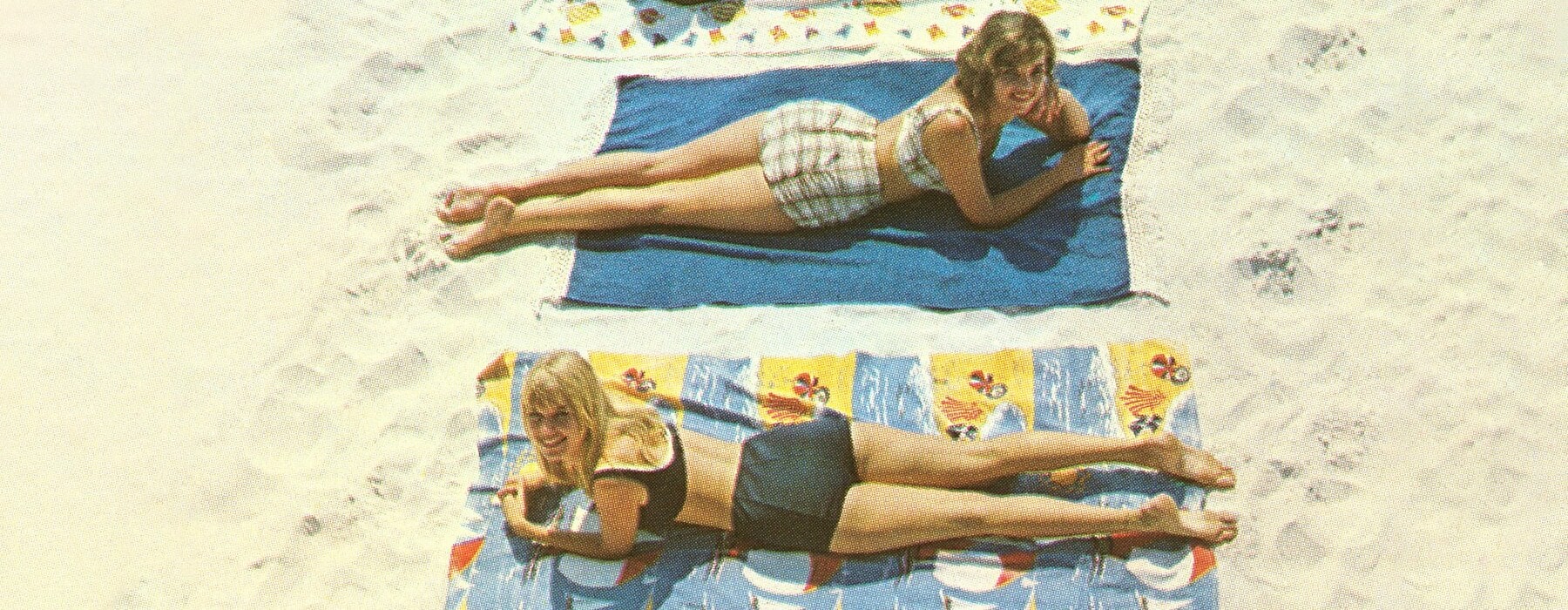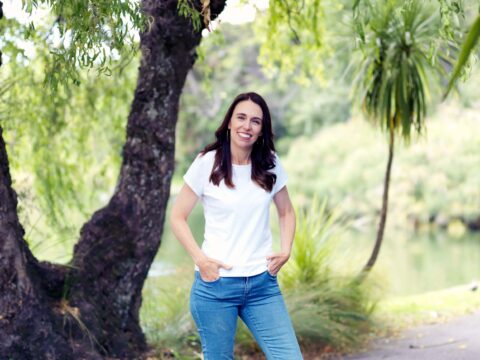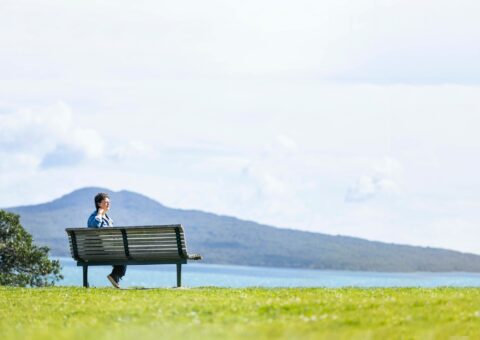Sharon Stephenson discovers that idleness can lead to more meaningful moments. Here’s why we should reframe the way we think about downtime.
It’s 11:30am on a grey Wednesday morning and, under normal circumstances, I would have completed an interview, written a few hundred words and pitched a story or two.
But we are not living in normal times. Instead, I’ve wandered into the garden to pick herbs, unloaded the dishwasher, read a surprisingly detailed article about the merits of kitten vs wedge heels and fallen down the rabbit hole of Instagram and its time-sucking relatives, Twitter and Facebook. I’ve also done at least 20 minutes serious training for the Staring Out the Window Olympics.
Like everything else, I blame it on Covid. In New Zealand, we’re lucky that most of the pandemic’s disruption to our daily routines is largely behind us, from homeschooling kids who’d rather we didn’t to repurposing the ironing board as a desk (for those lucky enough to still have work).
But there’s one casualty I can’t seem to shake – loss of focus. I don’t know about you, but when it comes to getting stuff done post-lockdown, I’m all out of bandwidth.
Like many Gen X-ers and those who came before us, I was brought up with the idea that the devil makes work for idle hands. Being lazy and doing nothing has long been synonymous with weakness and failure. Society tells us that filling our daylight hours with enterprise is good, while being idle is not so good.
So we strive and achieve and accomplish, bouncing around a world of constant distraction to check email, populate spreadsheets and scroll through social media, our minds rarely wandering off the digital reservation.
But here’s the thing: experts say what the Italians romantically call dolce far niente (“It is sweet to do nothing”) can actually be good for us.
“When your attention is at rest, such as during a long shower, staring out the window or making a cup of tea, your mind is actually restoring energy, free to wander and zone in and out as it pleases,” says Professor Gail Kinman from the University of Bedfordshire. “That can activate the part of your brain required for creativity as well as sharpen your focus about future goals, because we think of the future roughly 14 times more often when our attention is scattered.”
Having a lazy day can also connect the dots between problems and solutions and help us achieve the holy grail of wellness influencers: more meaningful lives.
“Taking time out for nothingness can restore energy and give us a greater appreciation of how to make our lives more meaningful,” says Professor Kinman.
Taking time out for nothingness can restore energy and give us a greater appreciation of how to make our lives more meaningful.
Those of the devil/idle hands school of thought would probably be surprised, but it turns out inhabiting “negative space” is less an obstacle to productivity and more an essential part of a healthy life.
Tootle around Google and you’ll find no end of folk who’ve subscribed to the merits of doing nothing, including 19th Century flâneur (aristocratic literary types) who would, charmingly, walk their pet tortoises through the streets of Paris as a way of deliberately slowing their pace. And then there was Lord Melbourne, apparently Queen Victoria’s favourite prime minister, who extolled the virtues of “masterful nothing”.
Before his death in 2020, American businessman and former CEO of General Electric, Jack Welch, was known to spend an hour each day in what he called “looking out the window time”. It clearly didn’t dent his wildly successful career.
But the gong for the best celebration of doing nothing must surely go to the Hamburg University of Fine Arts who last year offered “idleness grants” to applicants committed to doing sweet Fanny Adams. The University advertised three scholarships worth NZ$3000 to applicants who were required to spend as long as they wanted doing, well, absolutely nothing.
Scoff all you want, and many did, but there’s a serious side to the study.
“Doing nothing isn’t very easy,” said Friedrich von Borries, the bloke behind the concept. “We want to focus on active inactivity. If you say you are not going to move for a week, then that’s impressive. If you propose you are not going to move or think, that might be even better.”
Von Borries added the idea behind the project arose from the contradiction of a society that promotes sustainability while simultaneously valuing success. “This scholarship isn’t a joke, but an experiment with serious intentions – how can you turn a society that is structured around achievements and accomplishments on its head?” he asked.
I won’t be rushing to sign up, but von Borries is right, we do need to reframe the way we feel about stepping off life’s hamster wheel.
In fact, what idleness really needs is a good publicist, one who can convince society that the absence of achievement isn’t such a bad thing.
I’d offer to do it, but I’m too busy staring out the window.








